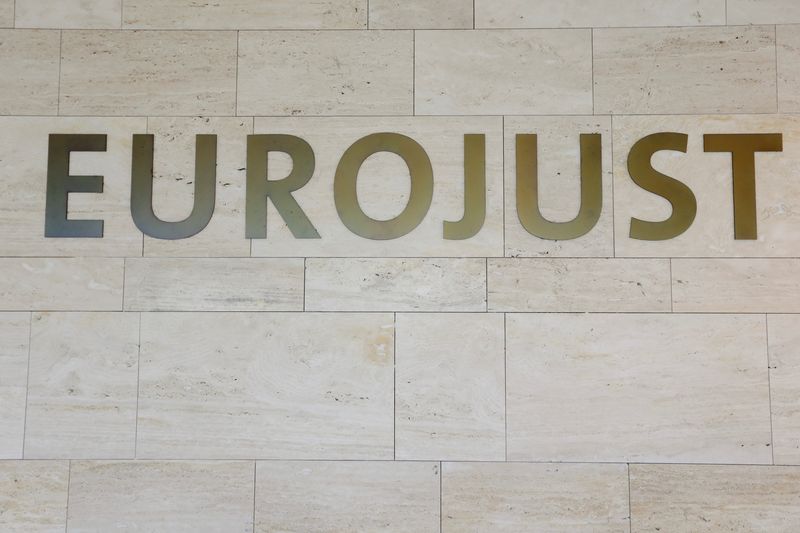An international cybercrime operation has led to the disruption of several major malware networks, with law enforcement agencies issuing 20 arrest warrants and taking down over 300 servers globally, according to Europol and Eurojust.
In a sweeping operation earlier this week, authorities dismantled what they described as some of the world’s most dangerous malware systems.
The coordinated effort neutralised 650 internet domains, seized €3.5 million (£3 million) in cryptocurrency, and dealt what Europol called “a direct blow to the ransomware kill chain” by attacking its origins.
The malware targeted in the crackdown is known as “initial access malware”—a type of software designed to infiltrate systems undetected, allowing cybercriminals to later install ransomware and other malicious programmes.
The action is the latest phase of “Operation Endgame,” a multinational crackdown involving agencies from the UK, Canada, the US, Germany, France, the Netherlands, and Denmark.
Eurojust, the EU’s agency for criminal justice cooperation, said that the operation had successfully tackled major malware variants and helped identify 37 suspects, with 20 international arrest warrants issued.

As part of this effort, authorities also confiscated €3.5 million in digital currency, bringing the total amount seized under Operation Endgame to €21.2 million (£18 million).
In the initial phase of the operation, which took place in May 2024, four individuals were arrested and 100 servers were taken down.
This new phase, dubbed “Endgame 2.0,” targeted successors of previously dismantled malware networks, focusing on threats such as Bumblebee, Qakbot, Trickbot, DanaBot, Lactrodectus, HijackLoader, and WarmCookie.
These strains sit at the beginning of cyberattack chains and are often used in the broader “cybercrime-as-a-service” economy, enabling other criminals to deploy surveillance tools or ransomware on compromised systems.
German officials said around 50 of the servers shut down were based in Germany, where investigations focused on suspected organised extortion and affiliation with foreign criminal networks.
The country also issued 20 international arrest warrants, stating that most of the suspects are Russian nationals. Searches have been carried out as part of the investigation.


 Trending
Trending 